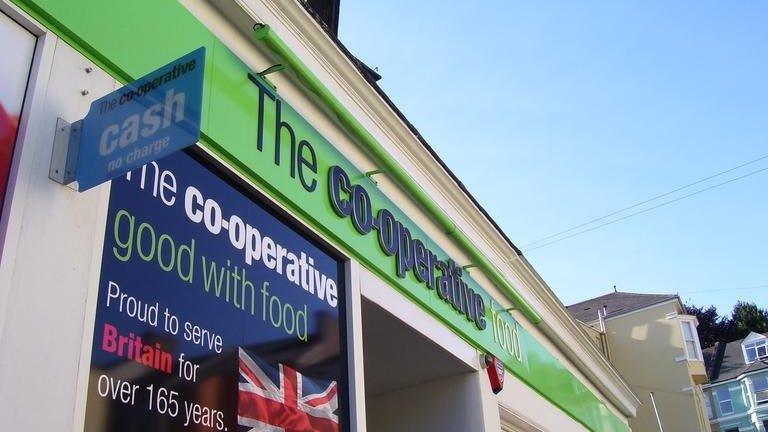Co-op Bank apologises and confirms £1.3bn losses
- Published
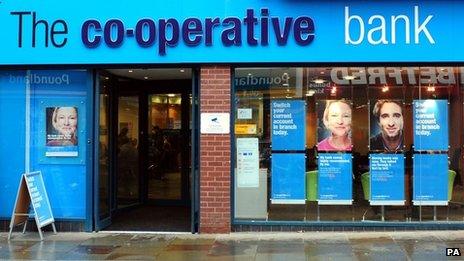
The Co-operative Bank has confirmed it made a loss of £1.3bn for 2013.
The losses, in line with expectations, come after the bank's failed bid to buy 632 branches from Lloyds Bank last year.
The deal collapsed after the discovery of a £1.5bn black hole in the Co-op Bank's balance sheet.
Parent company the Co-operative Group lost control of the bank to a group of US hedge funds that launched a rescue deal in December.
The bank said it did not expect to make a profit in 2014 or 2015.
It also apologised to its 4.7 million customers.
Mutuo boss Peter Hunt: Co-op Bank executive pay "is mind-boggling"
Co-op Bank chief executive Niall Booker said: "We appreciate that customers and other stakeholders continue to feel angry about how past failings placed the future of the business so seriously at risk.
"I would like to apologise to them, to thank them for their continued loyalty and to thank colleagues for their commitment during such difficult times."
The bank said it would not pay out £5m to former executives who left the bank after its near collapse last year.
But Mr Booker will receive a £2.9m pay package, which includes a basic salary of £1.2m and up to £1.7m in performance related bonuses.
Mr Booker could also receive a potential £1.2m as part of a three year incentive plan based on the future performance of the business.
It said up to 40 of its high street branches will close this year, which is likely have an impact on jobs, although the bank has yet to put a figure on the number of posts under threat.
The results were published after two earlier delays.
In March, Co-op Bank was forced to admit it had found another £400m black hole in its finances, forcing it to issue new shares in an attempt to raise the funds from investors.
The shortfall became apparent after the discovery of additional costs related to past misconduct and poor documentation.
The biggest part of the additional costs relate to payment protection insurance (PPI) mis-selling and lapses in the provision of mortgages.
The bank said it would pay £114m to compensate customers who had been overcharged on mortgage repayments,
It has also set aside £110m to cover breaches of the Consumer Credit Act and £103m to compensate customers mis-sold payment protection insurance (PPI).
Small businesses that were mis-sold complex interest rate hedging products will collectively receive £33m in compensation.
The Co-op Bank's additional rights issue has also triggered speculation that the Co-op Group's remaining 30% stake could be diluted, because it would struggle to find additional funds to maintain its shareholding.
Rescue
In December, the bank was the subject of a dramatic £1.5bn rescue deal in which its parent company, the Co-operative Group, lost control of the bank to a group of US hedge funds,
They took a 70% stake in the bank.
Chris Wheeler, a banking analyst at Mediobanca, told BBC the bank was in a "parlous position".
He said: "It needs £400m more capital, [it is] claiming it's going to be a rights issue, The Co-op Group has to put in £120m.
"So, big capital gap to be filled, and if the Co-op is no longer a major shareholder, one asks the question as to really what is the future style of the bank, because it may no longer be part of the Co-op Group per se."
He also questioned whether members of the Co-op Group would want to put more money into the bank, suggesting the group might chose to protect its other businesses, which include the supermarket chain Somerfield and the Co-operative funeral home business.
Lord McFall, a Labour Co-operative peer, told the BBC he thought the Co-op Group should still invest in the beleaguered bank.
"If you break it you own it," he said, blaming bad management and a lack of leadership at the top of the group for the bank's misfortunes.
"Not only did they sell the crown jewels, but they vandalised them," he added.
Mr Booker said he was confident the bank would raise the additional £400m it needed even if the Co-op Group chose not to put in any further cash.
"Shareholders are very, very supportive and I really, really think that we're going to get this through the gate," he added.
The Co-op Group itself has been forced to delay the publication of its annual results, after the departure last month of its chief executive, Euan Sutherland.
The group's losses are expected to be about £2bn.
Mr Sutherland left after it was revealed that in a Facebook post he had described the group as "ungovernable".
Earlier in March, details of his basic salary of £1.5m, including a retention bonus of another £1.5m, were leaked to the press.
On Wednesday, it emerged that former Labour City minister Lord Myners, who had been drafted in by the Co-op Group in December to lead a review of the business, had resigned his position on the board of directors.
Lord Myners was appointed as an independent director by Co-op Group chair Ursula Lidbetter in December to undertake a full review of the entire business.
'Breathtakingly destructive'
His initial findings showed the group's elected directors had overseen "breathtakingly value-destructive" decisions, among which were the Co-op's takeovers of Britannia building society and supermarket chain Somerfield.
He also found its three-tier system of elected member representation - made up of area committees, regional boards and the group board - had "consistently produced governors without the necessary qualifications and experience to provide effective board leadership".
Too many directors, he said, did not have any serious business experience and were therefore not qualified to keep senior managers in check.
Instead, he recommended new group board directors should be appointed according to clear criteria of skills and experience.
But some of the Co-op's most influential members are worried that the changes could damage the group's values.
- Published11 April 2014
- Published25 March 2014
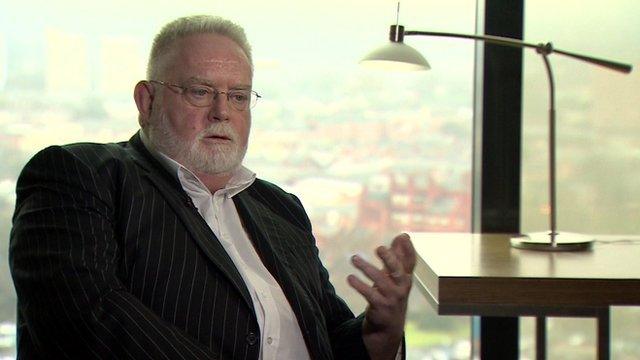
- Published7 May 2014
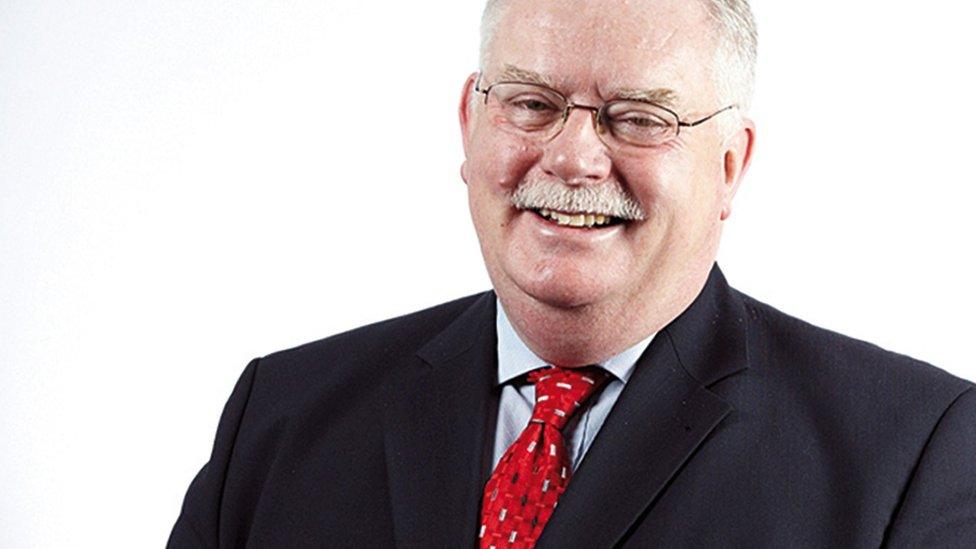
- Published24 March 2014
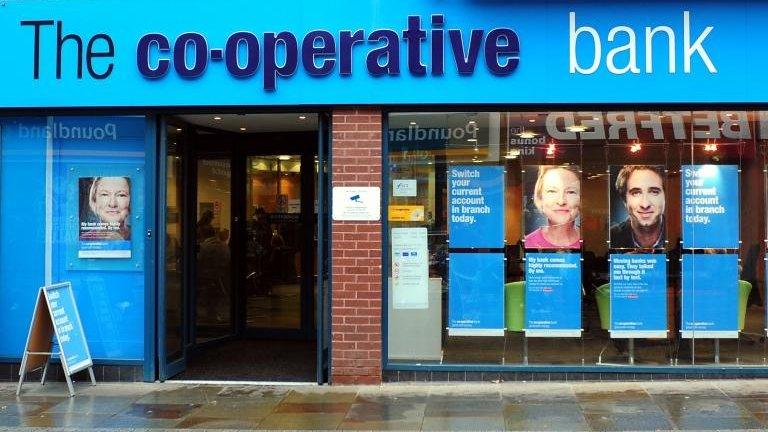
- Published10 April 2014
